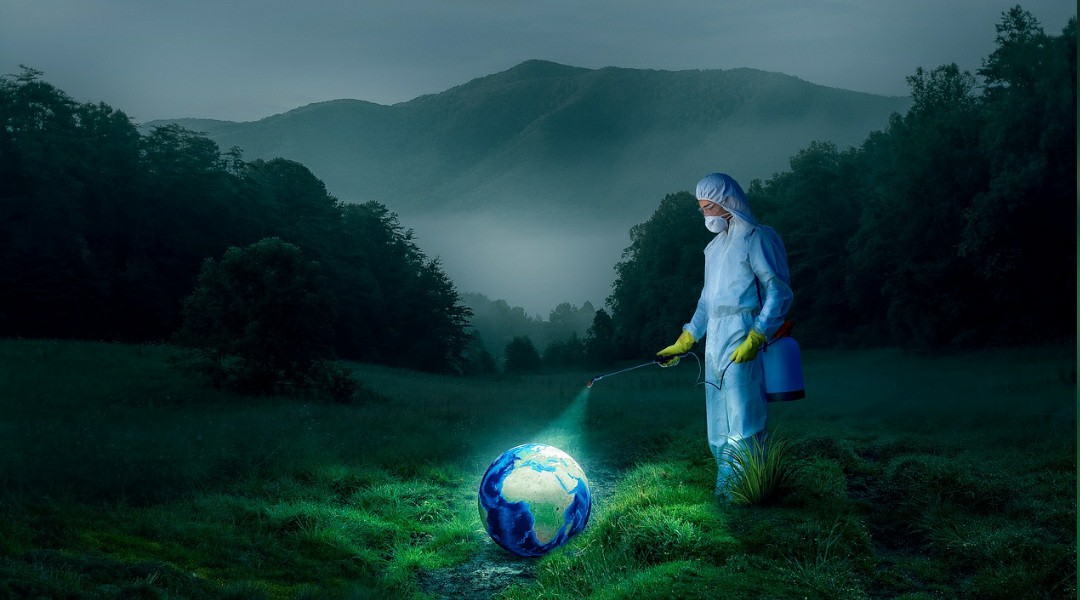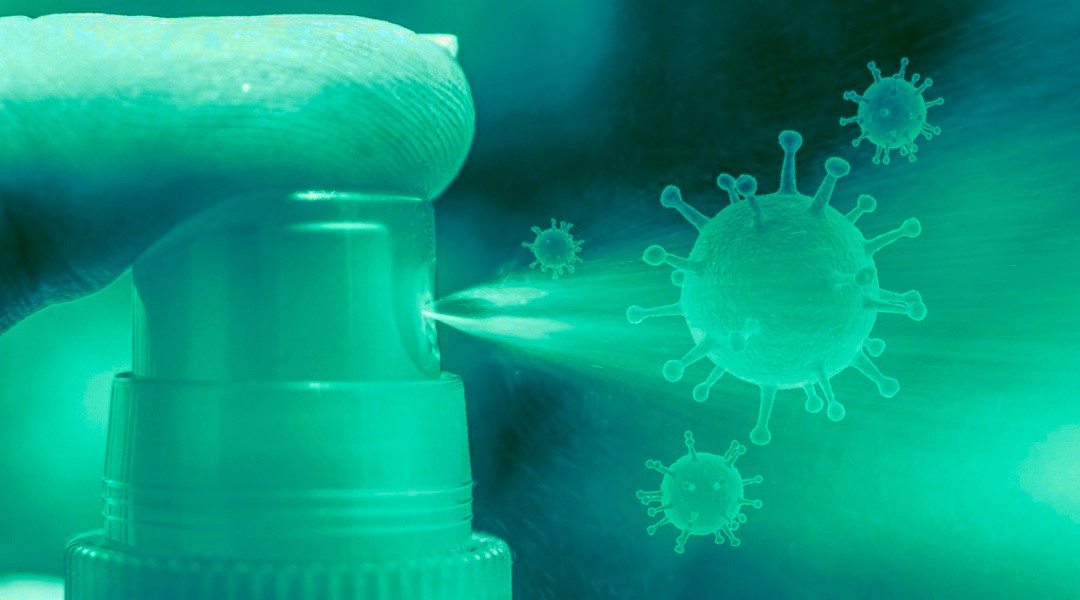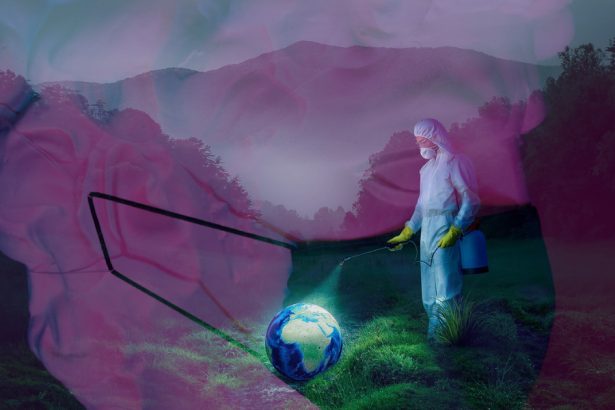The role of sanitizers even if vaccine for covid-19 gets an emergency use authorization (EUA)

The good news is that finally we are close to the release of an authorized vaccine for Covid-19.
However, coronavirus pandemic will “run its course” for six to eight weeks before any benefit from any vaccine candidate’s early approval.
This is not fiction! Scott Gottleib, a former FDA Commissioner was interviewed on MSNBC’s “Morning Joe” last Friday morning. He said that the coronavirus pandemic will “run its course” for six to eight weeks before any benefit from any vaccine candidate’s early approval will be seen in the public health data.
Early results from Pfizer’s Phase 3 clinical trials have yielded promising news: Two shots, given three weeks apart, appeared to be 95 percent effective in preventing symptomatic Covid-19.
“Our work to deliver a safe and effective vaccine has never been more urgent, as we continue to see an alarming rise in the number of cases of COVID-19 globally,” Dr. Albert Bourla, Pfizer chairman and CEO, said in a news release.
On Thursday, Health and Human Services Secretary Alex Azar said the imminent application from Pfizer will be reviewed by an independent board of scientists before an authorization is granted.
Gottleib, who is also a member of Pfizer’s board of directors, said the pharmaceutical giant plans to file on Friday for an emergency use authorization [EUA] of its experimental vaccine for Covid-19. The EUA Pfizer seeks, Gottleib said, would allow distribution of the vaccine candidate prior to its full clinical approval.
What does that mean?
It means that we are close but not so close to be careless. It may take some time until a safe, approved and publicly accessible vaccine is available to the people.
2 oz of prevention equal 1 gallon of cure.
These days is critical for all of us to avoid contamination and shield our environment and our families.
It is estimated that a vaccine’s EUA wouldn’t begin to draw down coronavirus rates until next year, since the Pfizer vaccine for Covid-19 has two doses that must be given three weeks apart, and full immunity is not established until shortly after the second dose.
The importance of sanitizers even if vaccine for covid-19 is approved.
If an EUA (emergency use authorization) for a vaccine for Covid-19 were to be issued in mid-December and the most at-risk got their first shots then, they would not be immune until after their second shot in mid-January.
For the rest of the population, it is expected that the vaccine’s EUA would be amended throughout 2021 to gradually expand eligibility, which is estimated that the vaccine for Covid-19 would be available to the general population in the Q2 or Q3 of next year.
This article is based on recent news published at NBCNEWS.COM (read the whole story)
According to FDA, each of us can help stop the spread of COVID-19 disease by washing our hands regularly with soap and water for 20 seconds – especially after going to the bathroom, before eating, and after coughing, sneezing, or blowing your nose. If soap and water are not available, the Centers for Disease Control and Prevention recommend that consumers use hand sanitizers.
Hand Sanitizers Are Drugs
Hand sanitizers are regulated as over-the-counter (non-prescription) drugs by the U.S. Food and Drug Administration. Especially, if you use alcohol-based hand sanitizers, read, and follow the Drug Facts label, particularly the warnings section.
Do you want to avoid the alcohol related side effects and limitations? Read about the benefits of PureBioGuard.
Store hand sanitizer out of the reach of pets and children, and children should use it only with adult supervision.
The FDA is helping increase the availability of hand sanitizers by working with companies and pharmacies to address this supply shortage. You can protect yourself and your family from coronavirus with simple hygiene.
For more information, visit: Q&A for Consumers: Hand Sanitizers and COVID-19.

